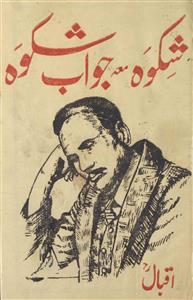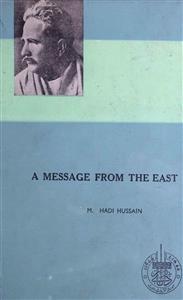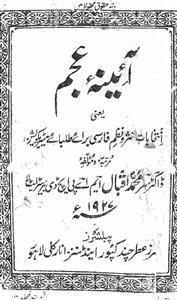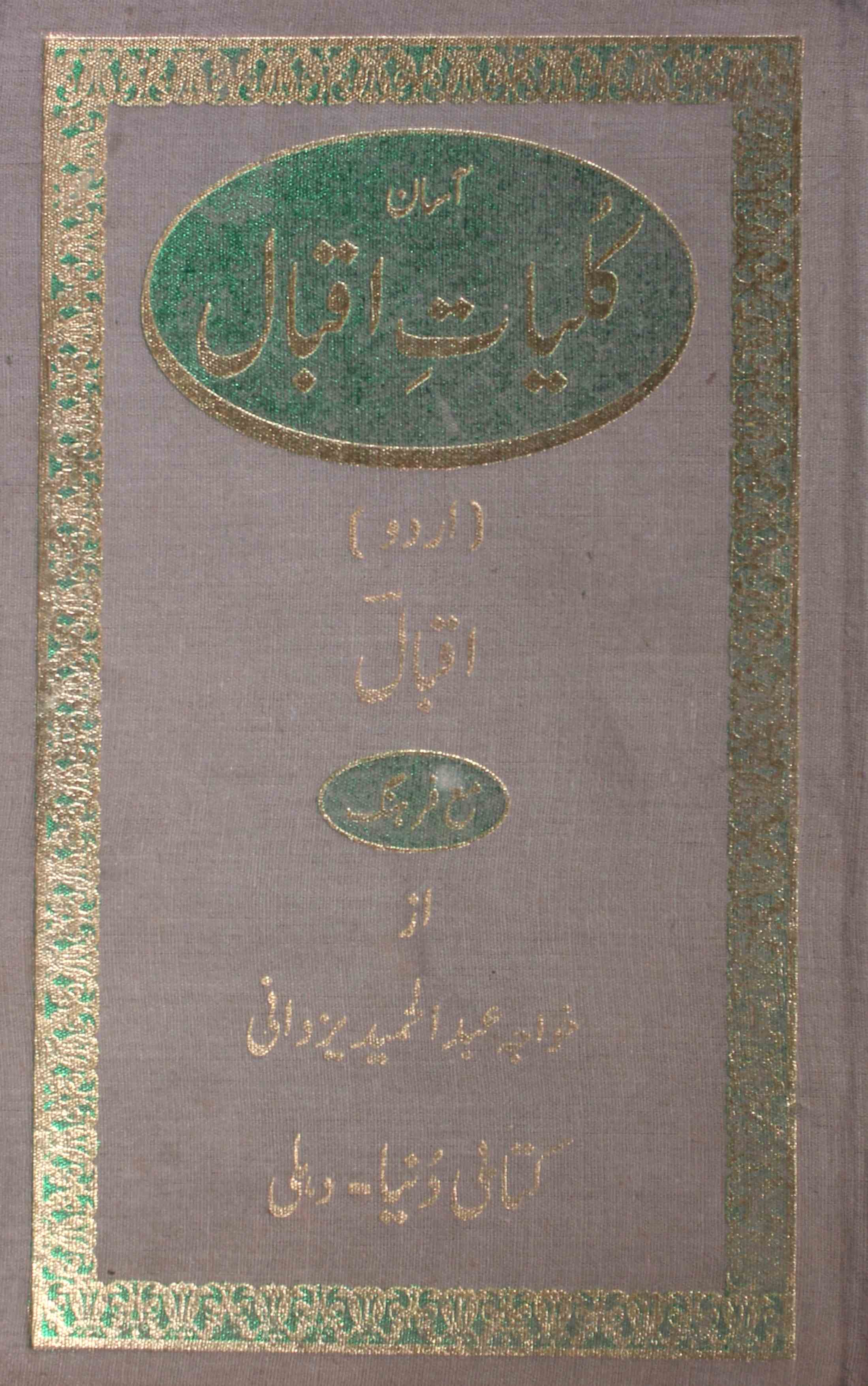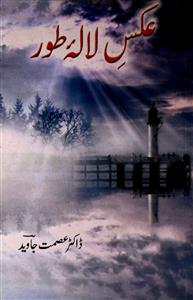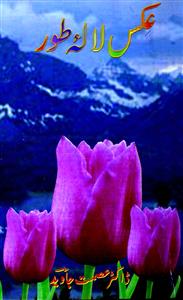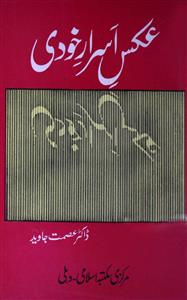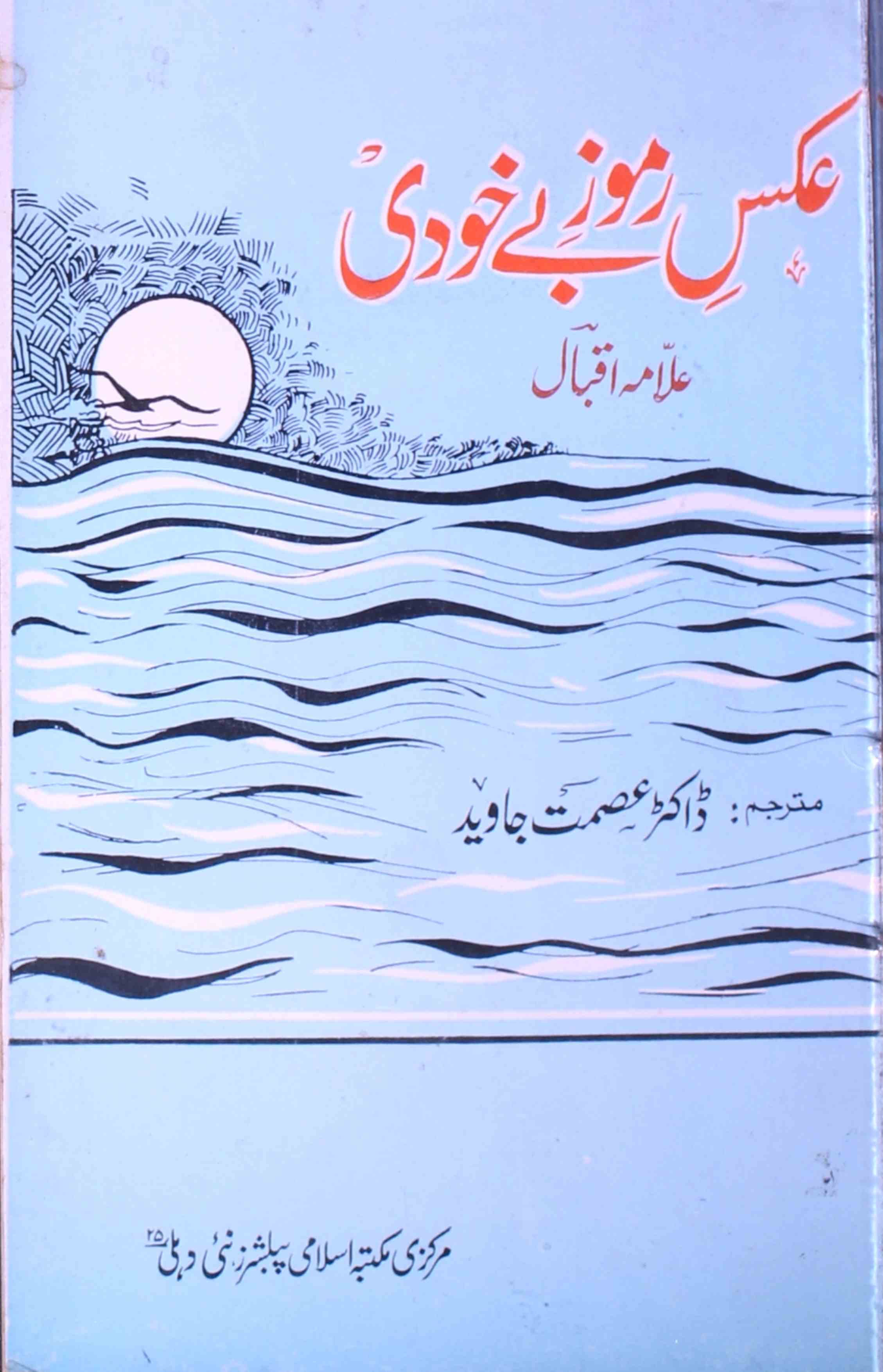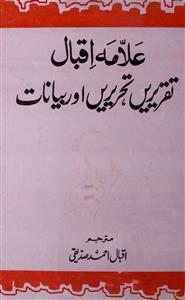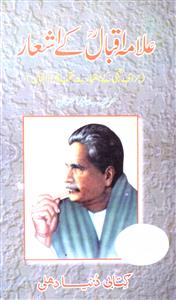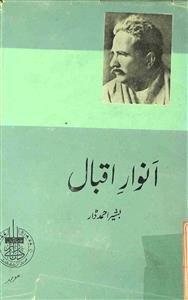 For any query/comment related to this ebook, please contact us at haidar.ali@rekhta.org
For any query/comment related to this ebook, please contact us at haidar.ali@rekhta.org
About The Book
’شکوہ“ کے جواب میں نظمیں دیکھ کراقبال کو خود بھی دوسری نظم ”جواب شکوہ“ لکھنی پڑی جو 1913ء کے ایک جلسہ عام میں پڑھ کر سنائی گئی۔ انجمن حمایت اسلام کے جلسے میں ”شکوہ “ پڑھی گئی تو وسیع پیمانے پر اس کی اشاعت ہوئی یہ بہت مقبول ہوئی لیکن کچھ حضرات اقبال سے بدظن ہو گئے اور ان کے نظریے سے اختلاف کیا۔ ان کا خیال تھا کہ ”شکوہ“ کا انداز گستاخانہ ہے۔ اس کی تلافی کے لیے اور یوں بھی شکوہ ایک طرح کا سوال تھا جس کا جواب اقبال ہی کے ذمے تھا۔ چنانچہ ڈیڑھ دو سال کے عرصے کے بعد انہوں نے ”جواب شکوہ“ لکھی۔ یہ 1913ء کے جلسے میں پڑھی گئی۔ جو نماز مغرب کے بعد بیرونی موچی دروازہ میں منعقد ہوا تھا۔ اقبال نے نظم اس طرح پڑھی کہ ہر طرف سے داد کی بوچھاڑ میں ایک ایک شعر نیلام کیا گیا اور اس سے گراں قدر رقم جمع کرکے بلقان فنڈ میں دی گئی۔ شکوہ کی طرح سے ”جواب شکوہ“ کے ترجمے بھی کئی زبانوں میں ملتے ہیں۔شکوہ میں اقبال نے انسان کی زبانی بارگاہ ربانی میں زبان شکایت کھولنے کی جرات کی تھی یہ جرات عبارت تھی اس ناز سے جو امت محمدی کے افراد کے دل میں رسول پاک سے عقیدیت کی بناءپر پیدا ہوتی ہے۔ جواب شکوہ درحقیقت شکوہ کا جواب ہے۔ شکوہ میں مسلمانوں کی زبوں حالی بیاں کی گئی تھی اور اس کی وجہ پوچھی گئی تھی پھر وہاں مایوسی اور دل شکستگی کی ایک کیفیت تھی ۔”جواب شکوہ“ اس کیفیت کی توجیہ ہے اور شکوہ میں اٹھائے جانے والے سوالات کے جواب دیے گئے ہیں۔ جواب شکوہ میں اسلامی تاریخ کے بعض واقعات اور جنگ بلقان کی طرف بھی اشارے ملتے ہیں۔زیر نظر کتاب علامہ اقبال کی مشہور نظم شکوہ جواب شکوہ کے متن اور اسکےمکمل مطالب وتشریح پر مشتمل ہے۔
About The Author
Mohammad Iqbal (1877-1938), a descendant of a Kashmiri Brahmin family that had embraced Islam in the seventeenth century, was born and settled in Sialkot. After a traditional education in Arabic, Persian, and Urdu, he was exposed to a liberal education that defined the contours of his thought and his poetry during the entire period of his life. Beginning his educational career at the Scottish Mission School, he went on to acquire his M. A. in Philosophy, before joining Trinity College, and later earning the degree of Bar-at-Law. He furthered his education by getting the degree of doctorate from Germany on The Development of Metaphysics in Persia. He worked in different capacities at different points of time; he taught philosophy, practised law, got involved in politics, and also attended the second Round Table Conference. Even while he favoured the idea of the creation of Pakistan and is venerated there as the national poet, he wrote the famous patriotic song that celebrates the greatness of India. King George V decorated him with knighthood and he was called Sir Mohammad Iqbal thereafter.
Iqbal wrote both in Persian and Urdu, and is often regarded as the poet-philosopher of the East who addressed the Muslim ummah, believed in the philosophy of wahdatul wujood, and propounded the philosohy of khudi, or selfhood, which called for self-realisation and the discovery of the hidden talent with love and perseverance. Beyond that lay the stages of complete submission and forgetfulness which, he thought, was the ultimate stage of khudi. Iqbal dreamt of the ‘complete man’ and also entered into a metaphoric dialogue with the divine. His poetry emerged as a remarkable site where message and art coalesced, as he re-configured major poetic devices like metaphor, myth, and symbol to re-visit history, philosophy and the Islamic faith to develop his individual vision. He has left behind his collections of poems, Asraar-e Khudi, Rumooz-e Bekhudi, Baang-e Daraa, Baal-e Jibreel, Payaam-e Mashriq, Zaboor-e ‘Ajm, Javed Naama, Zarb-e Kaleem, and Armaghaan-e Hijaz, apart from his lectures collected in English as The Reconstruction of Religious Thought in Islam, and other works on the Eastern worldview.
 For any query/comment related to this ebook, please contact us at haidar.ali@rekhta.org
For any query/comment related to this ebook, please contact us at haidar.ali@rekhta.org
Write a Review
Jashn-e-Rekhta | 8-9-10 December 2023 - Major Dhyan Chand National Stadium, Near India Gate - New Delhi
GET YOUR PASS